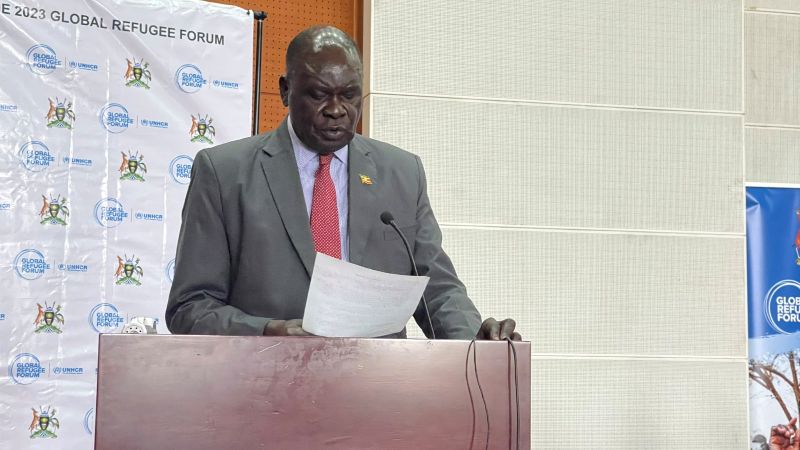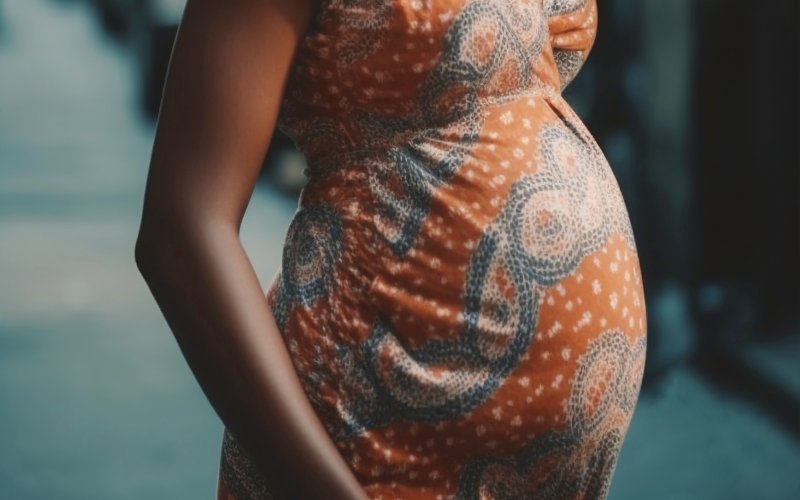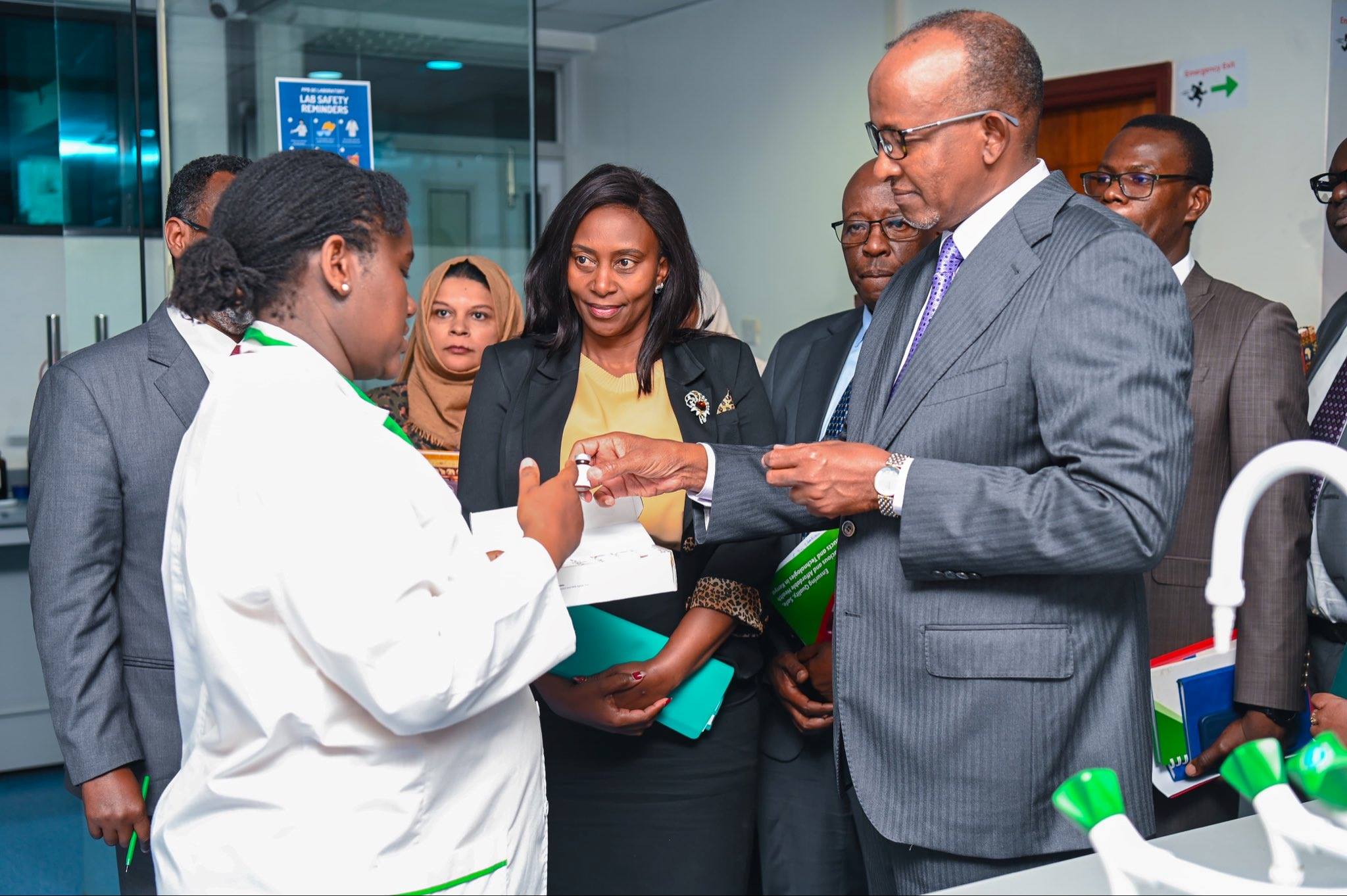Nearly 50 per cent of Kenyan women choose not to have more children - MoH report

The findings indicate that while fertility rates are declining nationally, demand for contraceptives remains high, especially among youth and women in rural areas.
Nearly half of Kenyan women are choosing not to have more children or are considering sterilisation, reflecting a shift in reproductive preferences, a report by the Ministry of Health shows.
The findings released on Thursday during the Ministry’s National Update on the Family Planning Programme indicate that while fertility rates are declining nationally, demand for contraceptives remains high, especially among youth and women in rural areas.
More To Read
- Hormonal contraceptives linked to higher breast cancer risk, study finds
- Older men’s sperm more likely to carry disease-causing mutations, study reveals
- Stakeholders sound alarm over funding shortfalls as Kenya celebrates World Contraceptive Day
- New study: Cannabis threatens fertility for women
- Birth control in Africa: Study tracks the use of long-acting contraception in 26 countries
- Kenya urged to amend age of consent laws to boost contraceptives access for adolescents
According to the report, 46 per cent of women aged 15-49 do not want more children or prefer sterilisation. Among the respondents, 30 per cent said they want to delay their next pregnancy, while 17 per cent wish to have a child soon. This means that 76 per cent of women are in need of some form of contraception.
“The uptake of family planning has improved, but there is still work to do to ensure every woman can exercise her reproductive choices,” the Ministry said.
Currently, 63 per cent of women use any family planning method, with 57 per cent using modern methods. Injectables are the most common at 20 per cent, followed by implants at 19 per cent, pills at eight per cent and intrauterine devices (IUDs) at four per cent. Traditional methods account for six per cent of usage.
The IUD is a long-acting, reversible contraception placed in the uterus to prevent pregnancy for several years.
The report also shows that at least 6.6 million Kenyan women were using modern contraceptives in 2025, with 62 per cent obtaining them from public health facilities. Among unmarried women, condoms are the most widely used, while injectables lead among married women.
The Ministry said it plans to increase funding to ensure sustainable and uninterrupted access to family planning commodities and services. It also intends to boost uptake among youth, people living with HIV (PLHIV), people living with disabilities (PLWD), populations in hard-to-reach areas and displaced communities.
This announcement comes ahead of World Contraception Day 2025, themed “A Choice for All: Agency, Intention and Access”, with Kenya’s adaptation: “Chaguo La Wote; Making Contraception Accessible”. The event will be held at Makueni County Referral Hospital grounds in Wote on September 26, starting at 8:30 am.
The report highlights fertility trends, showing higher total fertility rates in rural areas (3.9 births per woman) than in urban areas (2.8). Over the last three decades, the national fertility rate has declined from 6.7 births per woman in 1989 to 3.4 in 2022.
“Where every pregnancy is wanted” remains the mission of the National Family Planning Program, which aims for universal access to quality, affordable, and equitable family planning services. The country targets a modern contraceptive prevalence rate (mCPR) among married women of 64 per cent by 2030 and 70 per cent by 2050.
Innovations such as self-administered injectables (DMPA-SC) and hormonal IUDs (HIUD) are also being introduced, alongside improved reporting tools and digital platforms to track service delivery.
Under FP2030 commitments, Kenya aims to reduce adolescent pregnancies (15-19 years) from 15 per cent to 10 per cent by 2025, enhance male engagement and ensure 100 per cent domestic financing for family planning commodities by 2026.
Top Stories Today



















































